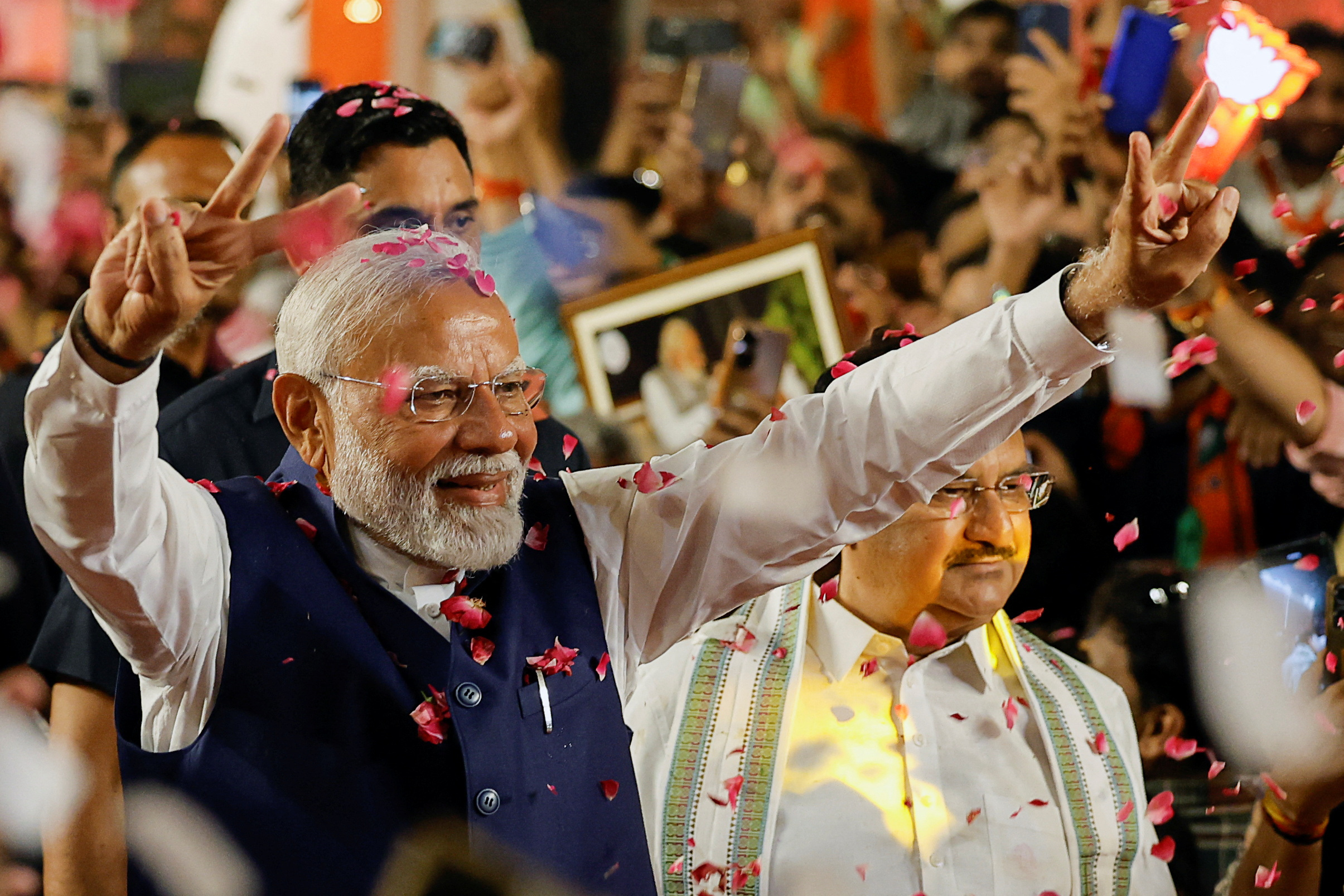Burkina Faso operates as a semi-presidential republic and holds elections to determine its political representatives. However, it’s important to note that Burkina Faso has experienced political instability and coup attempts in recent years, which have affected its electoral processes. Here is some information about the election system in Burkina Faso:
- Presidential Elections: The President of Burkina Faso is elected through a direct popular vote. Presidential elections are typically held every five years. If no candidate receives an absolute majority in the first round, a second round is held between the top two candidates. However, due to the political situation, interim governments and transitional periods have occurred in recent years.
- National Assembly Elections: The National Assembly of Burkina Faso is the legislative body of the country. It consists of members known as Deputies who are elected through a proportional representation system. The country is divided into electoral districts, and voters cast their ballots for political parties rather than individual candidates. Seats in the National Assembly are allocated based on the percentage of votes each party receives.
- Electoral Process: The Independent National Electoral Commission (CENI) of Burkina Faso is responsible for organizing and overseeing elections in the country. It ensures the transparency and fairness of the electoral process, including voter registration, candidate nomination, and the counting of votes. International observers may be invited to monitor the elections.
- Voter Eligibility: Burkinabe citizens who are at least 18 years old have the right to vote. Voter registration is required, and citizens must be included in the electoral roll to participate in elections. Eligible voters can cast their ballots at designated polling stations within their respective constituencies.
- Election Results: The candidate who receives the highest number of valid votes in the presidential elections, or the party or coalition that secures the majority of seats in the National Assembly, forms the government.



